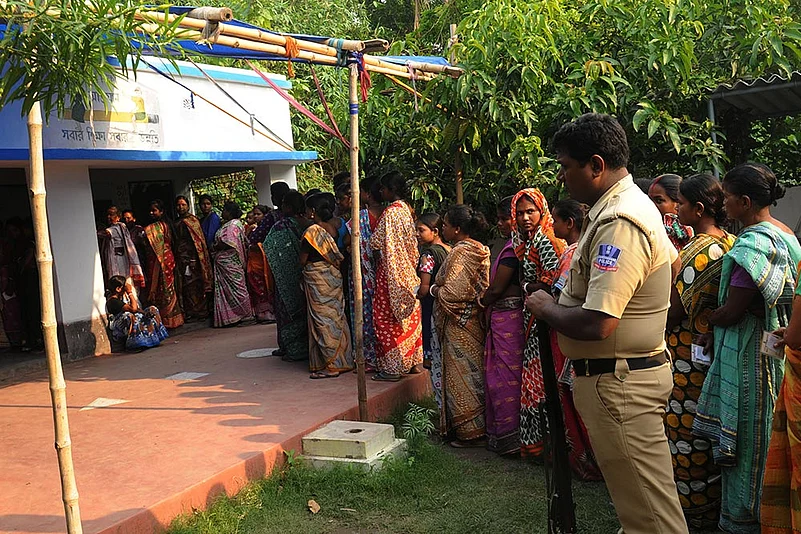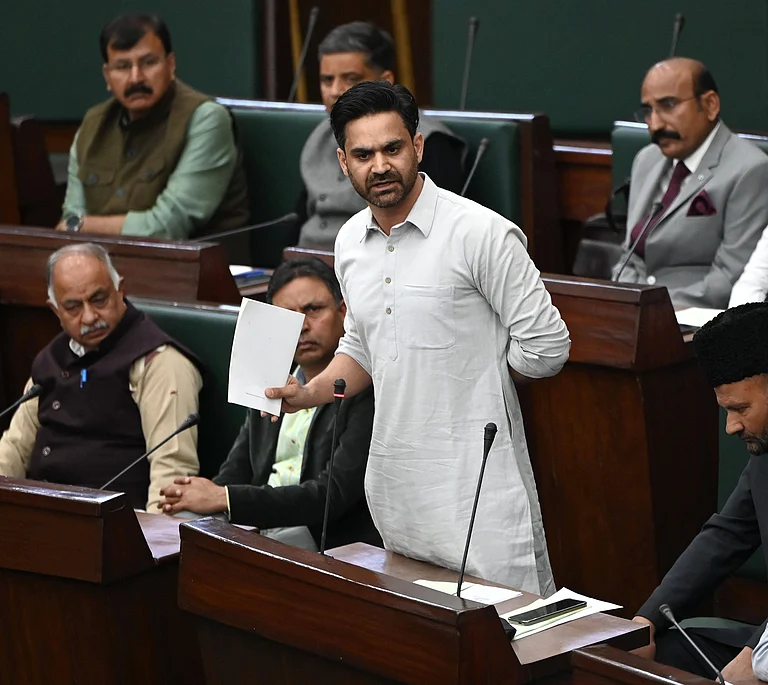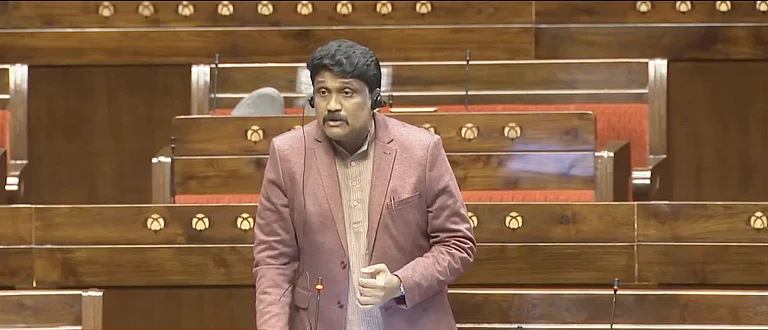In the bruised and battered offices of the Opposition political parties in West Bengal, the mood is finally upbeat. Taking note of the enormous numbers of seats that were won uncontested by the ruling Trinamool Congress in the Panchayat polls held in May, the Supreme Court in a July 3 order has asked the State Election Commission (SEC) to furnish detailed information about the same. The rural polls were concluded amidst reports of unprecedented rigging and violence allegedly committed by TMC goons, with Opposition candidates declaring that they were prevented from contesting due to large-scale intimidation and bloody mayhem. The apex court has asked the SEC to explain why, of the 48,650 gram panchayat seats, 16,000 went uncontested. In fact, out of a total of 58,692 (including 825 zilla parishad and 9,217 panchayat samiti seats), 20,159 seats went to the ruling party by default. The situation was especially dire in Birbhum, Bankura, Murshidabad and Poorva Bardhaman districts.
“The SC order has restored our faith in our democratic institutions,” BJP’s Chandra Kumar Bose told Outlook. “We were shocked by the brazenness with which attacks on the Opposition was taking place right under the nose of the SEC.... It began at the nomination stage, continued throughout, even extending to the day of counting.”
Read Also: Stamped In Cordite
The Opposition’s allegations were corroborated by dozens of news channel videos—of candidates being dragged out of the chambers of block development officers, the venue for submitting nomination documents, and subjected to brutal physical assault. Goons, their faces covered with handkerchiefs, rampaged through the country roads, brandishing weapons. Bombs—the terror weapon of choice for parties in Bengal—were used widely. Polling day was as violence prone, and on the day of counting news cameras captured images of thugs entering counting centres, snatching ballot papers and stamping them randomly. Ballot boxes were stolen, thrown into ponds, or set afire. In all, poll-related violence claimed 30 lives. As much as 34 per cent of the seats went uncontested.
“I decided not to contest a panchayat samiti seat because the night before I was to file my nomination, some people visited our house at night, called out my husband and told him, ‘for the sake of your wife’s honour, make sure she doesn’t go anywhere near the BDO office tomorrow’,” said a 31-old woman in South 24 Paraganas district. “It was not worth it.”
Read Also: Just Pass The Wine, Comrades
But Trinamool has readily stonewalled such allegations. “They are not fielding candidates as they don’t have that many people, not because we are threatening them,” a Trinamool local leader from Jhargram told Outlook.
The view from the other side resembles scorched earth. “Our candidates were beaten up and the SEC, in charge of the ‘free and fairness’ of the polls, was looking the other way. This is because the organisation has become a puppet in the hands of the state government, doing their bidding,” says Congress leader Om Prakash Mishra. CPI(M) MP Mohammed Selim tells Outlook, “During Left rule, the SEC worked independently. To reduce the poll panel to a puppet in the hands of the state government and the ruling party is unprecedented.”
Psephologist and political scientist Biswanath Chakraborty says, “Bengal elections have never been free from violence perhaps because it has been an integral part of Bengal’s political history. From the Partition riots to radical ideologies like Naxalism which originated here, certain types of violence, such as armed struggles, have been a part of life. Therefore, political parties do not always distance themselves from violence, as though it was for a ‘just cause’. That this is not acceptable in a democracy is something that has not been emphasised whether during Congress rule, when Emergency was declared, or the three-and-a-half decades of Left rule. However, the just-concluded rural polls have surpassed any previous record of violence and is an indication that polls are being controlled by hooligans.”
If faith in the democratic process was throughly shaken, the recent Supreme Court order has restored it.
By Dola Mitra in Calcutta


























